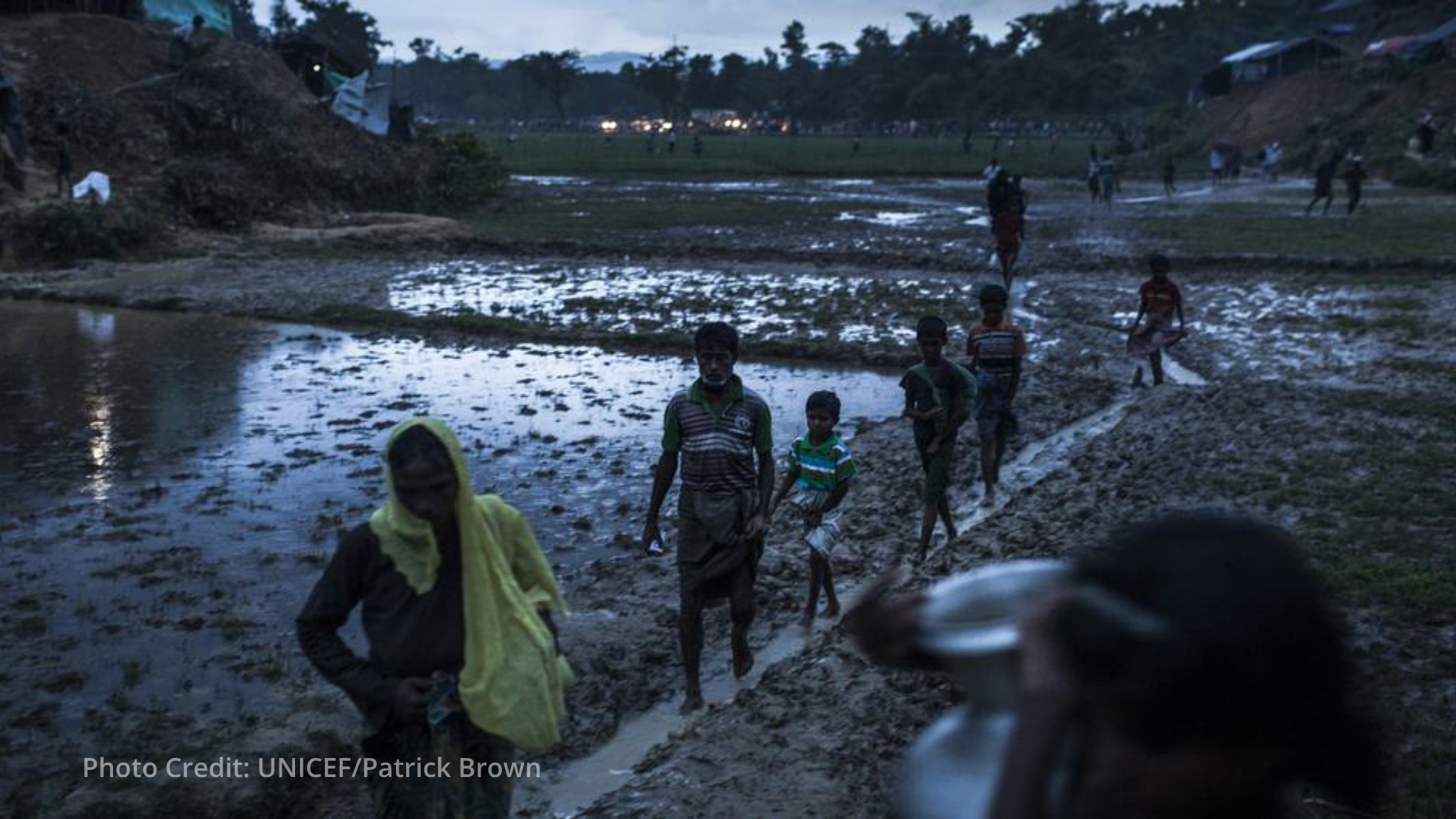The United Nations (UN) officials called the Rohingya crisis in Myanmar “a test for humanity” during a high-level conference at UN Headquarters that brought together world leaders and activists demanding justice for the persecuted Muslim minority, according to UN News. More than a million Rohingya now live as refugees in Bangladesh while countless others remain trapped inside Myanmar under what UN leaders described as “dire” and “unsustainable” conditions.
The conference revealed how the crisis has worsened since Myanmar’s military coup in February 2021, with reports of forced recruitment, sexual violence, airstrikes, and mass displacement. General Assembly President Annalena Baerbock said the 2025 humanitarian response plan is only 12% funded, calling it “a crisis that should put us to shame.” Rohingya activists used the meeting to demand accountability rather than just awareness, warning that without action, the exodus will continue “until there is no more Rohingya left in Myanmar.”
The Rohingya have been denied citizenship in Myanmar and driven from their homes in what UN officials once called a “textbook example of ethnic cleansing.” Over 750,000 fled violence in 2017, but conditions inside Myanmar’s Rakhine state have gotten much worse since the military coup. Civilians are now caught between junta forces and ethnic armed groups fighting the military government.
Secretary-General António Guterres said the crisis has “trampled on the human rights, dignity and safety of millions and threatens regional stability.” His statement called for three immediate steps: protecting civilians under international law, guaranteeing humanitarian access, and boosting investment to ease the burden on refugees and host communities.
“The solution to this crisis lies ultimately in Myanmar,” the message said, calling for an end to persecution and recognition that “the Rohingya belong – as full citizens.”
Rohingya activist Wai Wai Nu told delegates the atrocities didn’t end in 2017 but “have worsened.” She described killings, forced conscription, sexual violence, and starvation by both Myanmar’s military and ethnic armed groups. Another activist, Rofik Husson, recalled how the junta forced Rohingya men and boys into service as human shields, with at least 400 killed in one week alone. He described village burnings and drone strikes, including a May 2024 massacre that displaced 200,000 people in a single day.
Special Envoy Julie Bishop warned that Myanmar’s planned elections later this year would fuel more violence rather than bring legitimacy, noting “there is no agreed pathway to peace.” Despite the grim accounts, speakers said solutions remain possible if countries can find the political will to act.

